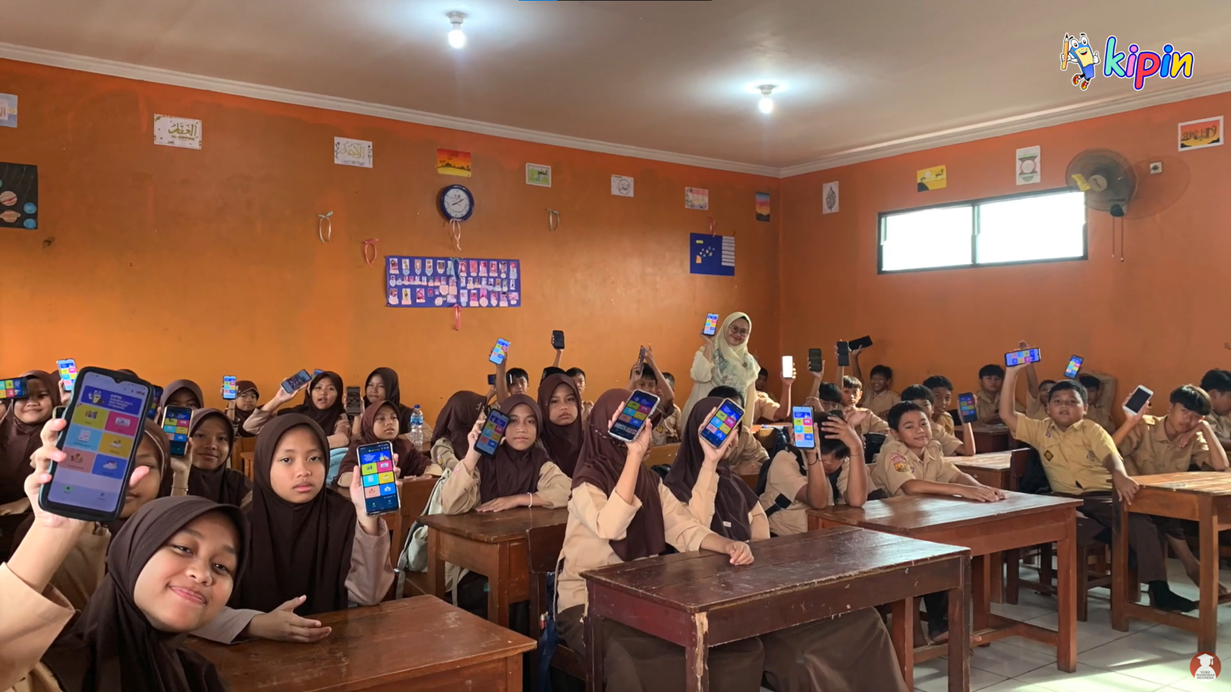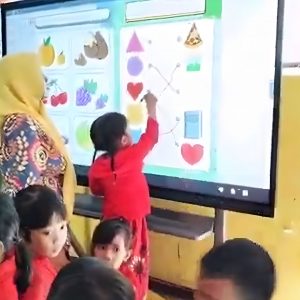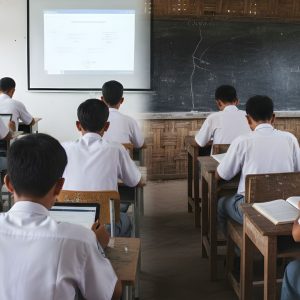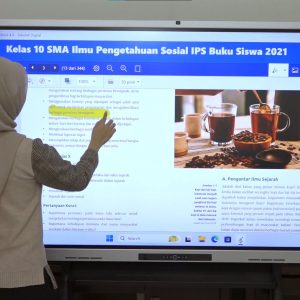
In today’s world, businesses come in many shapes and forms. Some exist purely to generate profit, regardless of the impact. Take, for example, online gambling websites—often illegal and destructive to the lives of many people. These businesses thrive financially, but their legacy is harm, not progress.
On the opposite side of the spectrum, there are foundations and non-profits that exist solely for impact. They give away resources and depend on donations to survive. While their mission is noble, the cost of operations can be as high as running a conventional business. This means that after covering overhead, the actual portion left to create impact is often much smaller than expected. In the long run, this model is rarely sustainable.
At Kipin, we believe there’s a better way. We see the middle ground: a model where impact and income coexist in a self-sustaining cycle. We call this the perpetual impact engine—a system that generates meaningful, large-scale educational impact while also producing enough income to sustain and grow the business profitably for decades to come.
Why Kipin and Why Indonesia?
Indonesia presents one of the greatest challenges and opportunities in the global education landscape. With over 17,000 islands, it is the largest archipelago in the world. Bringing equal access to digital education across such a vast and diverse geography is daunting.
For the past 20 years, there has been a promise that internet access would soon be everywhere. Yes, connectivity has improved, but the reality remains: internet availability is unequal. Big cities may have strong infrastructure, but rural areas still struggle. And even if connectivity exists, many families in small towns and villages simply cannot afford monthly internet costs.
The evidence of this failure is clear: Indonesia’s PISA literacy score has not improved in over 22 years. This shows the need for a different approach to digital education. Traditional “one internet-based solution for all” simply does not work. Rural students are left behind because they cannot rely on internet-based learning alone.

Kipin’s Perpetual Solutions for Education
Kipin EdTech has developed multiple models designed to meet the unique needs of Indonesian schools:
- Kipin Cloud – For schools in large cities with good internet infrastructure.
- Kipin Classroom – For smaller rural schools with fewer than 200 students, where internet is unreliable.
- Kipin Max – For bigger schools, with up to 1,000 students, anywhere in the country.
What makes Kipin unique is not just the delivery system, but the content. Kipin offers a complete K–12 education library:
- Thousands of textbooks aligned with the national curriculum
- Thousands of educational videos
- Tens of thousands of tryouts and assessments
- Hundreds of literacy comics loved by students
On top of that, Kipin includes a digital assessment system that works with or without internet. No other solution in Indonesia offers this breadth and flexibility.
More Than Just Content: A Full Ecosystem for Schools
Kipin also provides specialized applications for schools’ technology needs:
- Kipin IFP – An application designed for interactive flat panels used in classrooms.
- Kipin PC – A Windows-based application that instantly transforms a school computer into a powerful education library.
Whether a school is in Jakarta with strong broadband or in a rural village without internet access, Kipin has a ready, proven solution.
The Path Forward
The art of business lies not only in making profit, but in making profit with purpose. At Kipin, our purpose is clear: to democratize education in Indonesia, ensuring no child is left behind—whether they live in a big city or a remote island.
Starting such a perpetual model is not easy. It requires significant initial investment and a strong vision. But once the engine is built, it becomes a long-term solution that sustains itself—delivering impact while remaining profitable.
Kipin stands at this crossroads of impact and business. By blending sustainability with purpose, we believe we can reshape the future of education in Indonesia.
Contact Us:
Web : kipin.id
Email : info@kipin.id
WA Chat : wa.me/6281233601047






